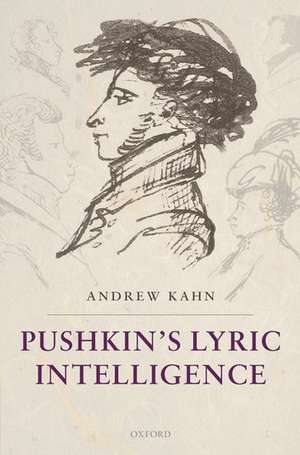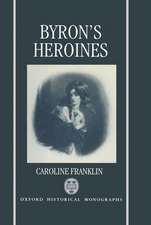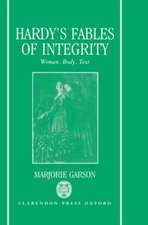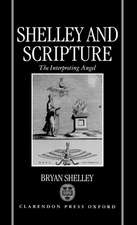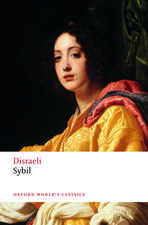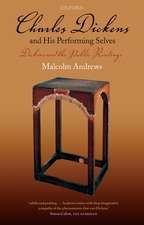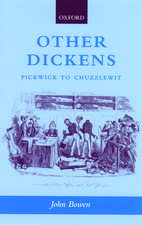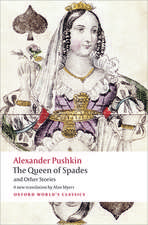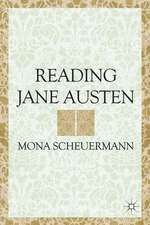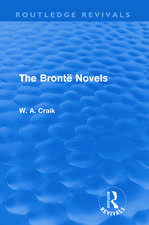Pushkin's Lyric Intelligence
Autor Andrew Kahnen Limba Engleză Paperback – 31 mai 2012
Preț: 403.69 lei
Preț vechi: 494.30 lei
-18% Nou
Puncte Express: 606
Preț estimativ în valută:
77.24€ • 80.65$ • 63.93£
77.24€ • 80.65$ • 63.93£
Carte tipărită la comandă
Livrare economică 24-31 martie
Preluare comenzi: 021 569.72.76
Specificații
ISBN-13: 9780199654338
ISBN-10: 0199654336
Pagini: 412
Ilustrații: 4 pages of plates
Dimensiuni: 153 x 234 x 23 mm
Greutate: 0.64 kg
Editura: OUP OXFORD
Colecția OUP Oxford
Locul publicării:Oxford, United Kingdom
ISBN-10: 0199654336
Pagini: 412
Ilustrații: 4 pages of plates
Dimensiuni: 153 x 234 x 23 mm
Greutate: 0.64 kg
Editura: OUP OXFORD
Colecția OUP Oxford
Locul publicării:Oxford, United Kingdom
Recenzii
Review from previous edition Kahn has taken an exhilarating new direction in Pushkin studies... Kahn's close readings remind us just how much lingering in the study lay behind the creation of Pushkin's fleet-footed lines.
Andrew Kahn has produced an extremely erudite study of Pushkin's lyrics...The volume is imaginatively organized around a set of themes that shed light on how Russia's greatest poet formed and developed his ideas.
Kahn has reset one horizon for twenty-first-century Pushkin studies. It is a rare book that makes us reconsider what we thought we knew so fundamentally
Pushkin's Lyric Intelligence is handsomely produced by Oxford University Press... with splendid illustrations for the chapter on heroism. Kahn writes elegantly and incisively
Andrew Kahn has produced an extremely erudite study of Pushkin's lyrics...The volume is imaginatively organized around a set of themes that shed light on how Russia's greatest poet formed and developed his ideas.
Kahn has reset one horizon for twenty-first-century Pushkin studies. It is a rare book that makes us reconsider what we thought we knew so fundamentally
Pushkin's Lyric Intelligence is handsomely produced by Oxford University Press... with splendid illustrations for the chapter on heroism. Kahn writes elegantly and incisively
Notă biografică
Andrew Kahn is Professor of Russian Literature at the University of Oxford and Fellow and Tutor in Modern Languages at St Edmund Hall, Oxford. He has degrees from Harvard and Oxford in Russian and Classics. His scholarly research draws on his wide-ranging interests in European literature, most especially Greek, Latin and French, and displays a broad learning. In addition to writing about Pushkin, he works on Enlightenment literature in Russia and Europe, on the history of ideas, the comparative reception of European culture in Russia, travel writing, the history of translation, and twentieth-century poetry.
